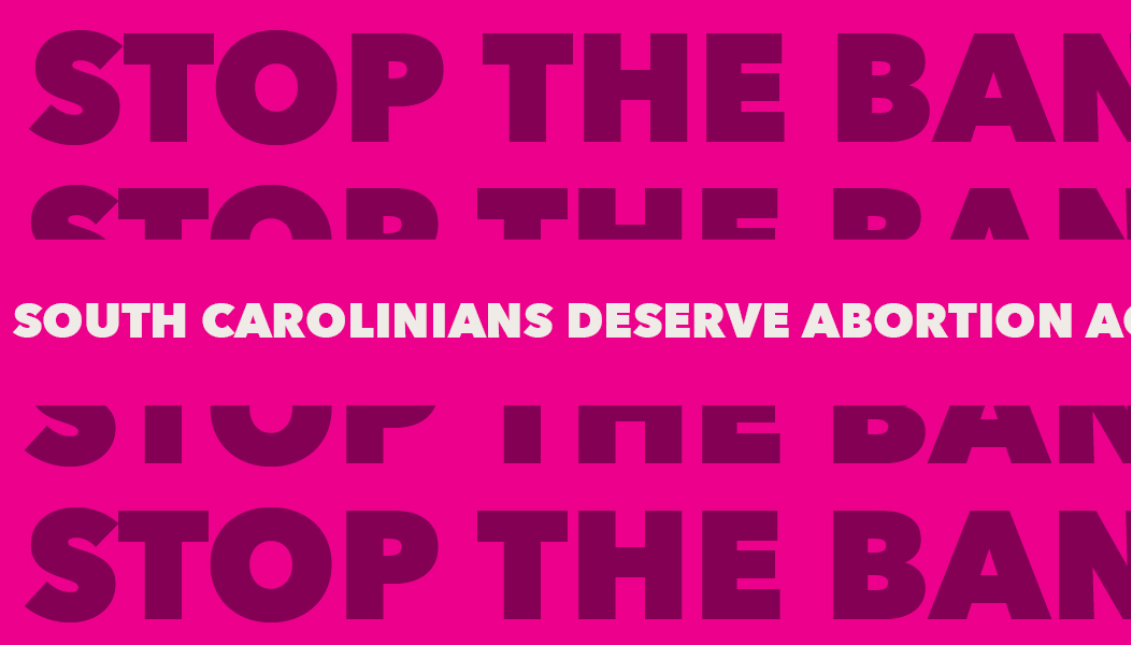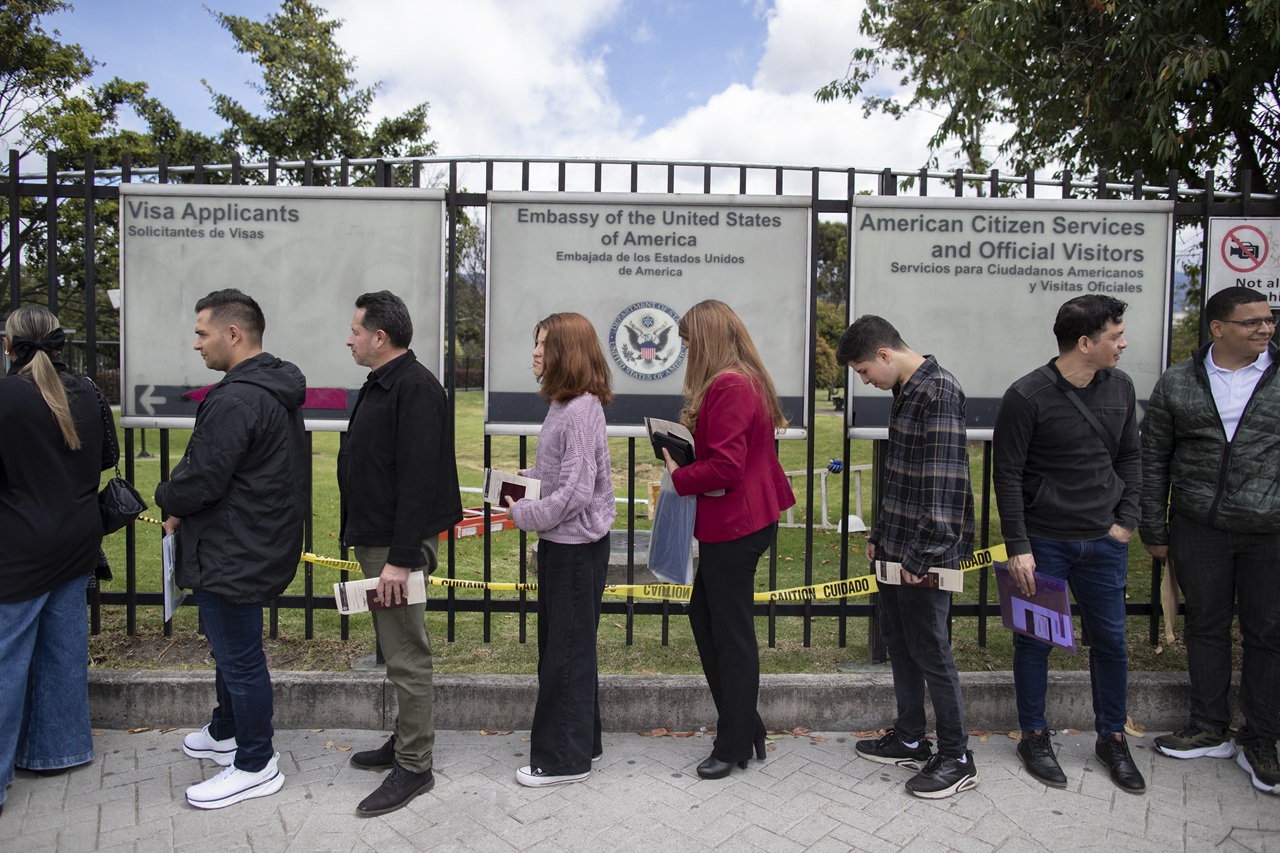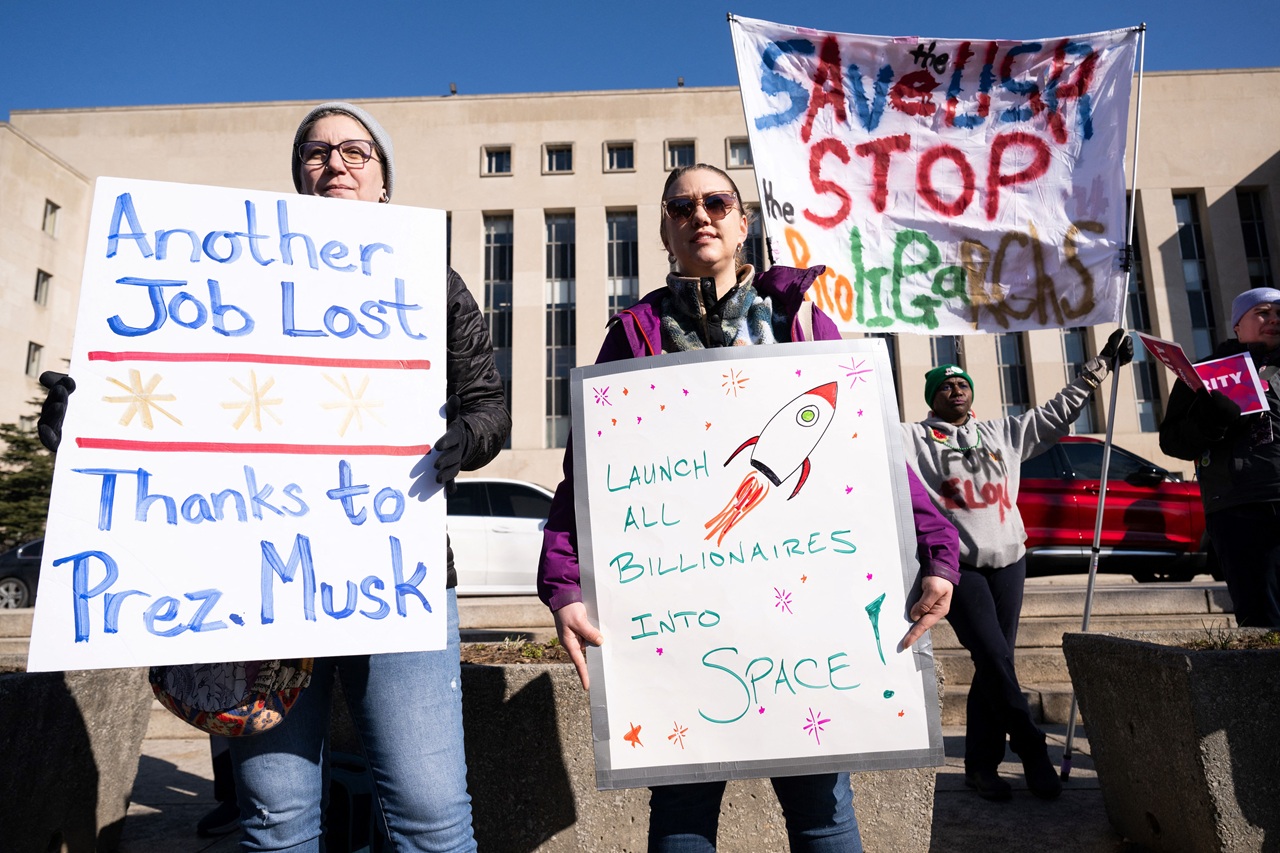
The fight over abortion brewing in South Carolina could have lasting effect nationwide
South Carolina Senate Bill 1 would prevent a woman from getting an abortion as early as six weeks into pregnancy.
On Thursday, Feb. 18, South Carolina passed a bill banning most abortions in the state.
The South Carolina Fetal Heartbeat and Protection from Abortion Act, or Senate Bill 1, will prevent a person from obtaining an abortion as early as six weeks into a pregnancy, which is only about two weeks after a missed period.
At that point, most people don’t even know they are pregnant yet.
The act will require doctors to perform ultrasounds to check for a heartbeat in the fetus. If a heartbeat is detected, an abortion can only be performed if the pregnancy was a result of sexual assault or incest, or if the mother’s life is in danger.
The measure wouldn’t punish a pregnant woman for getting an illegal abortion, but the health practitioner who performed the procedure could be charged as a felon, facing up to two years in prison and fined $10,000 if found guilty.
Four years ago, the state’s Republican governor, Henry McMaster attempted to pass a similar law, but Planned Parenthood immediately sued, preventing the new law from taking effect. Since then, it has been one of McMaster’s top priorities to introduce and implement new anti-abortion legislation.
The House passed the bill by a 79-35 vote on Wednesday, Feb. 17, after hours of emotional monologues by politicians on both sides of the spectrum. The measure was officially approved on Thursday.
Moments after the final vote, Planned Parenthood announced that it was filing a lawsuit once again.
Thank you @PPSATSC for standing up for women's reproductive rights in South Carolina by filing the federal lawsuit on S1. So very grateful for your advocacy! @PPFA
— Gilda Cobb-Hunter (@GCobbHunter) February 18, 2021
For many legislators, the decision was worthy of celebration.
Just after the governor signed the bill, a group of legislators and members of the public, stood shoulder to shoulder singing the words “Praise God,” to the tune of the song “Amazing Grace.”
But Jenny Black, President and CEO of Planned Parenthood South Atlantic, doesn’t see the new bill as a victory. Rather, she views it as “blatantly unconstitutional.”
RELATED CONTENT
Black explained that supporters of these restrictive abortion laws are trying to get the issue before the Supreme Court in hopes that the three justices appointed by former President Donald Trump will overturn the 1973 decision supporting abortion rights, Roe v. Wade.
The decision made abortion legal up until a fetus is viable outside of the womb, months after a heartbeat becomes detectable.
Black also noted that South Carolina has some of the most pronounced health disparities in the country, with Black women dying at four times the rate of white women after giving birth.
“If South Carolina politicians truly cared about the quality of life for women and children, they would get to work to expedite the vaccine rollout, expand Medicaid, and address the dangerously high rates of maternal mortality and infant mortality in the state,” said Black.
Dr. Katherine Farris, Chief Medical Officer for Planned Parenthood South Atlantic, insisted that important health care decisions such as abortion should be kept between the individuals, their families and trusted medical providers, not politicians.
“Abortion bans disproportionately hurt those who already have the least access to quality health care, including people with low incomes, people of color, people who are LGBTQ, and those who live in rural areas. If this law is allowed to go into effect, it will pose a serious threat to South Carolinians’ health and bodily autonomy,” Farris said.
As of 2:20 p.m on Feb. 19, a judge has temporarily blocked South Carolina’s ban from taking effect. Planned Parenthood South Atlantic tweeted the news:
“Abortion is legal in South Carolina. We will never stop fighting.”
Our President @jennycblack on the ruling:
— PP South Atlantic SC (@PPSATSC) February 19, 2021
"Today, abortion remains safe and legal in South Carolina, and politicians' plan to restrict access to health care has failed. @henrymcmaster: South Carolinians need a COVID-19 plan, not an abortion ban." (1/2)











LEAVE A COMMENT: